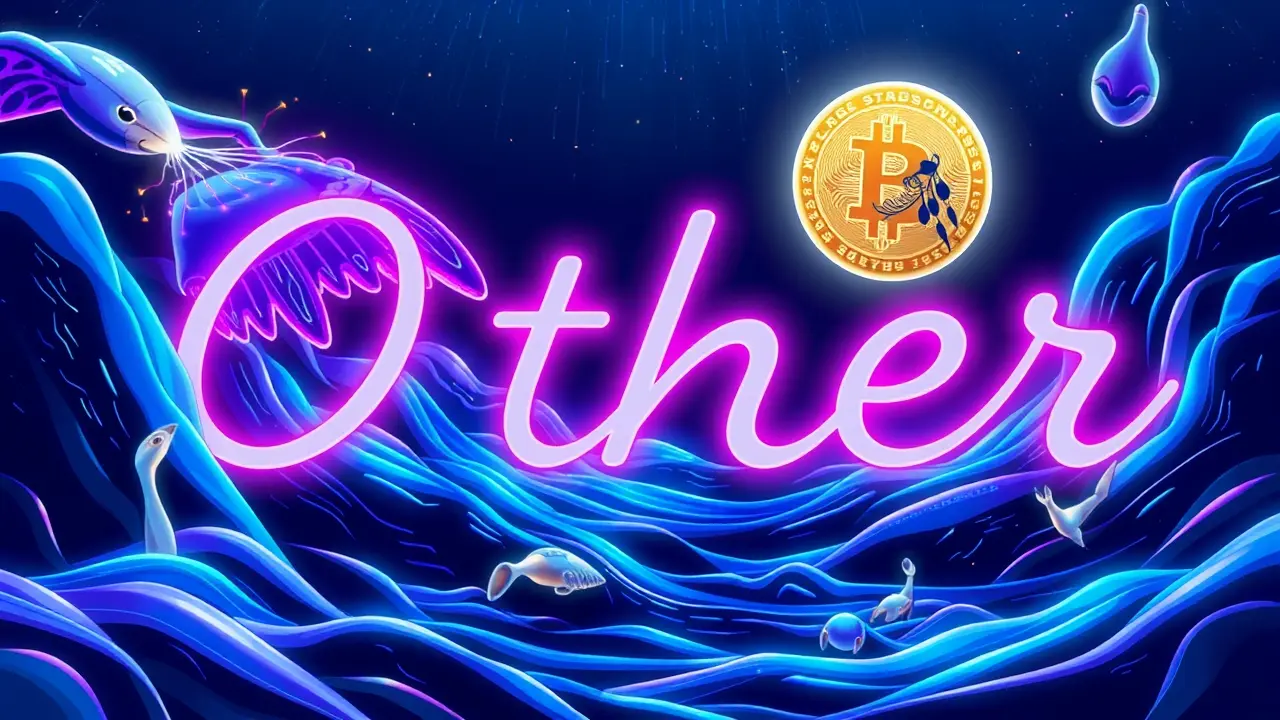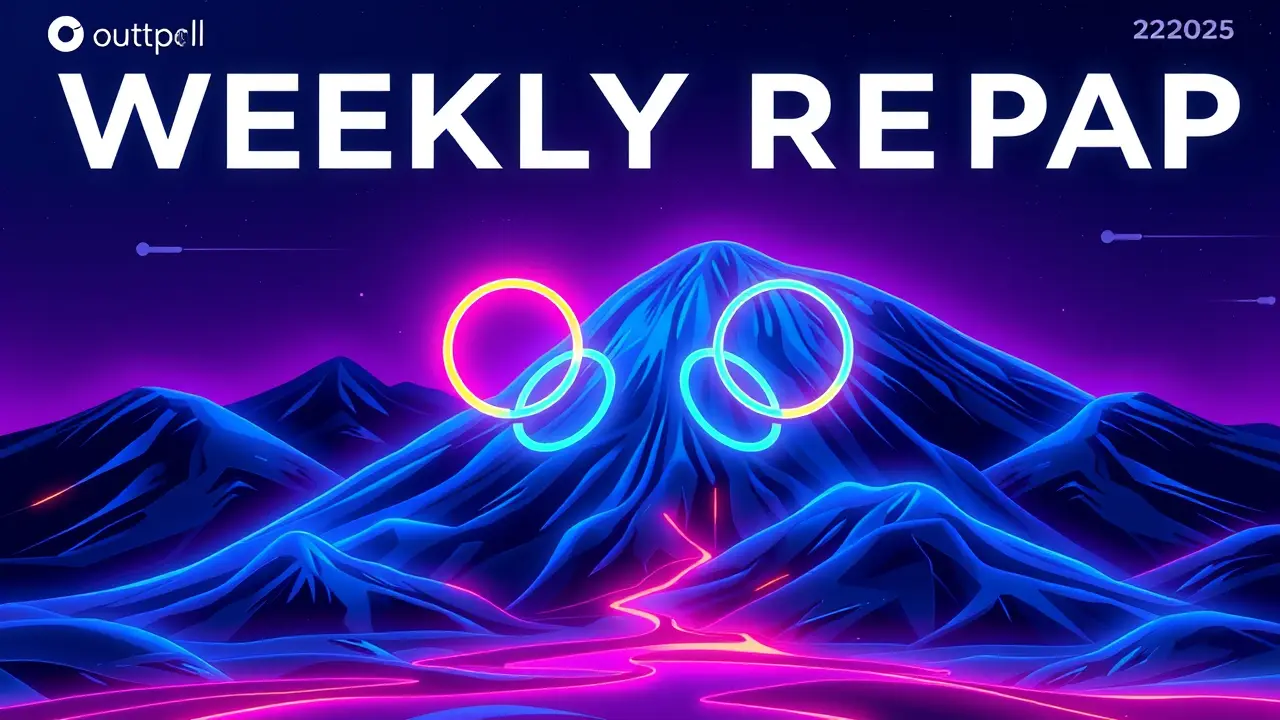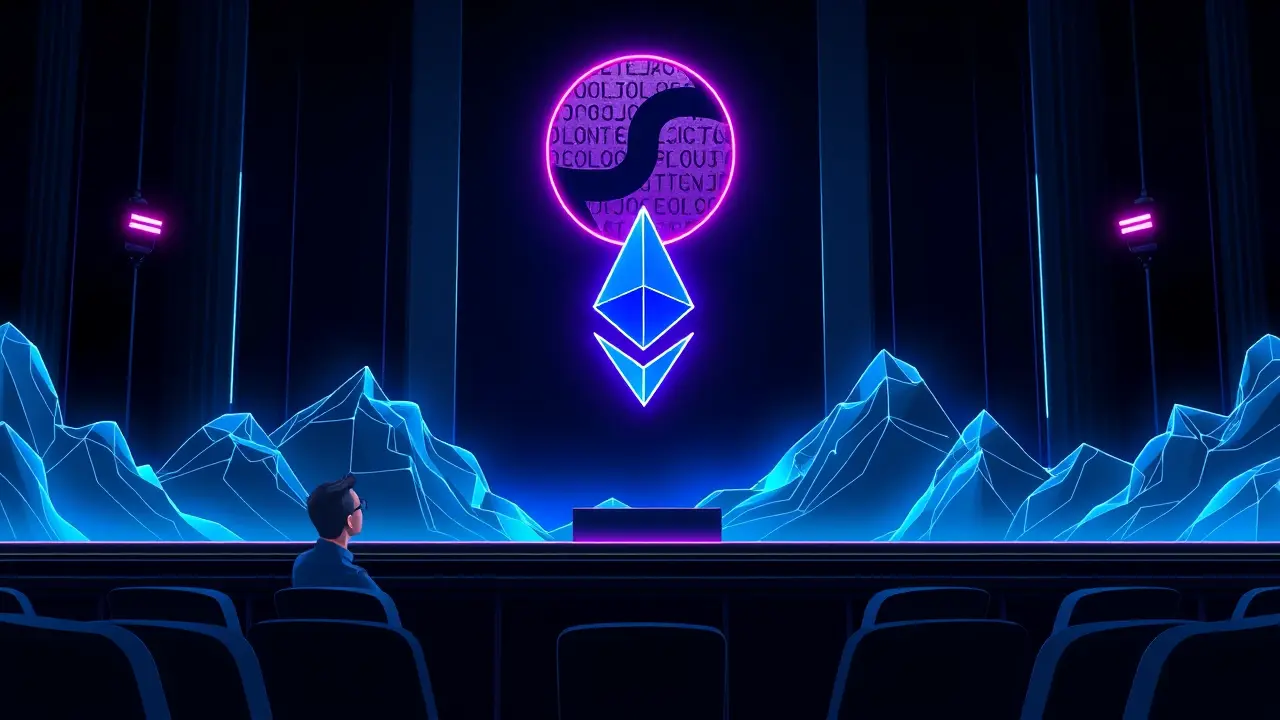
AI
Outpoll Weekly Recap: AI (November 3 – 9, 2025)
DA
Daniel Reed
4 hours ago7 min read
This week in artificial intelligence felt less like a steady march of progress and more like a strategic chess match, with major players making decisive moves that will define the competitive landscape for years to come. The most significant tremor was Google's long-anticipated, full-scale release of Gemini 2.0, which they're not just calling an update but a 'foundational shift. ' Early benchmark results are, frankly, staggering, showing a 15% lead over OpenAI's GPT-4o in complex reasoning tasks and, crucially, a 40% reduction in computational latency for equivalent outputs.This isn't just an incremental gain; it's a statement of intent, directly addressing the two core complaints about large models: cost and speed. It reminds me of the leap from Transformers to the modern LLM era—a architectural breakthrough that suddenly makes previously theoretical applications commercially viable.Meanwhile, the open-source community countered with a characteristically agile play. The 'Aurora' model consortium, a loose alliance of academic labs and independent developers, launched their latest 70-billion-parameter model, which uniquely specializes in real-time, multi-modal data synthesis.While its general knowledge base isn't as vast as Gemini's, its ability to simultaneously process live video, audio, and sensor data for applications in autonomous systems and environmental monitoring is, from a research perspective, arguably more innovative. This creates a fascinating bifurcation in the AI roadmap: the hyperscalers like Google are building ever-larger, more general-purpose oracles, while the open-source frontier is aggressively niching down into high-value, specialized verticals.This divergence echoes the early debates in computer science between general-purpose CPUs and application-specific integrated circuits (ASICs). The prediction markets, acting as a real-time barometer of sentiment, went into a frenzy.Contracts on 'Which company will announce the next 'GPT-5' level model?' saw a massive 30-point swing towards Google, a stunning vote of no-confidence in OpenAI's previously unassailable lead. However, the more telling movement was in the long-shot prediction for 'A major open-source model to surpass a top-tier proprietary model in a specific, high-value benchmark by EOY 2025,' where the probability surged from 15% to 45%.This indicates a growing belief among informed speculators that the future of AI may not be a single, monolithic intelligence, but a diverse ecosystem of specialized tools. The underlying narrative this week is a fundamental re-evaluation of the 'scaling hypothesis.' For years, the dominant theory was that simply adding more data and parameters would inevitably lead to superior performance. Now, we're seeing a pivot towards efficiency, specialization, and architectural ingenuity.It's the difference between building a bigger engine and completely redesigning the combustion process. As we analyze the trajectory, the question is no longer just who has the biggest model, but who can build the most intelligent, efficient, and applicable intelligence for the real-world problems that are now urgently demanding solutions.
#Weekly recap
Stay Informed. Act Smarter.
Get weekly highlights, major headlines, and expert insights — then put your knowledge to work in our live prediction markets.
Related News
© 2025 Outpoll Service LTD. All rights reserved.














